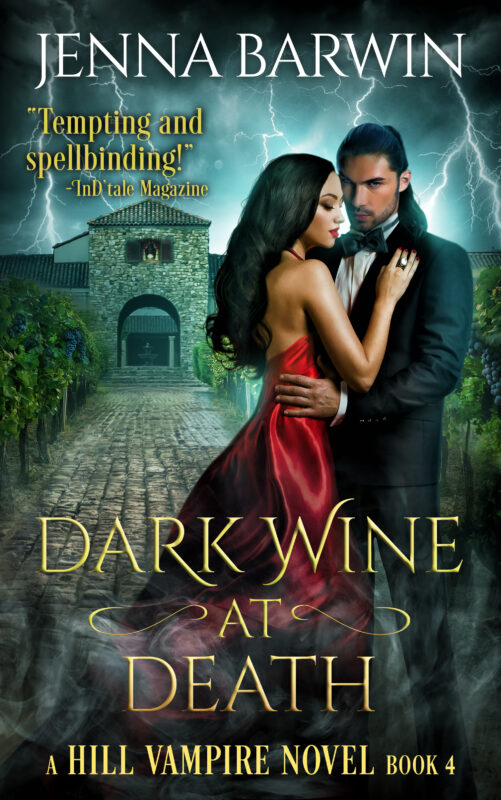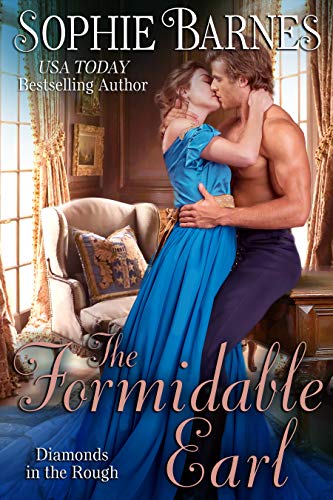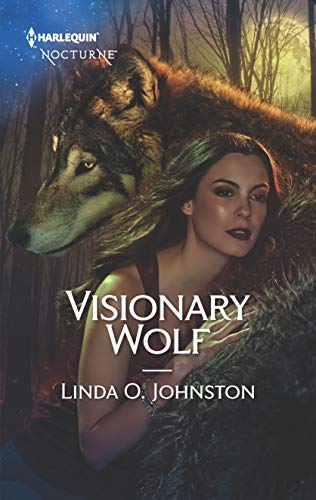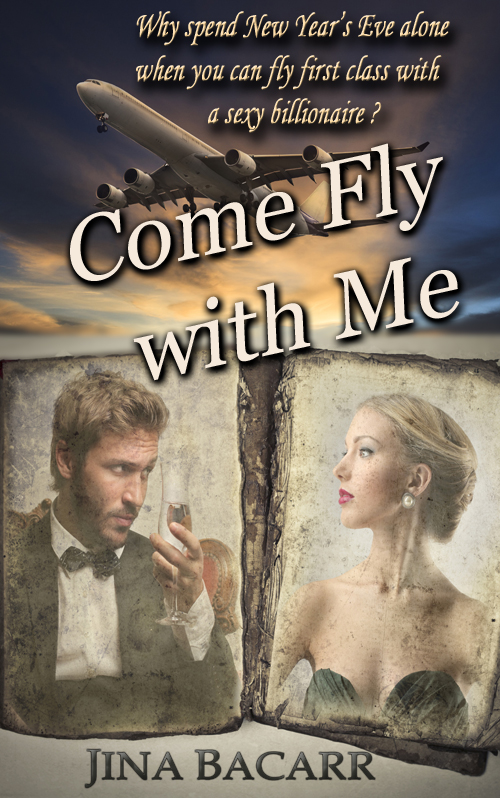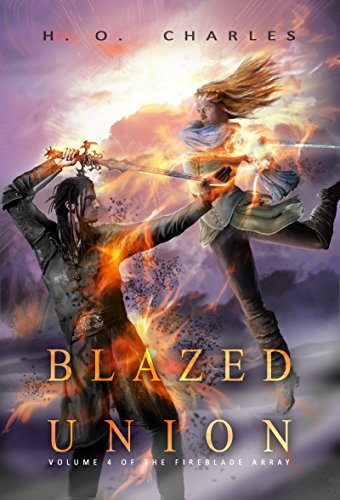Is the F-word a bomb?
October 31, 2019 by The Extra Squeeze in category The Extra Squeeze by The Extra Squeeze Team, Writing tagged as HO Charles, Jenny Jensen, Rebecca Forster., The Extra Squeeze, The F bomb, writing
From The Extra Squeeze Archives
Is the F word a bomb?
We’ve read books with it all over the place and yet notice that readers object to it.
Does anyone really like using it?
Would another word do?
When is it necessary?

Rebecca Forster
USA Today Bestselling author of 35 books, including the Witness series and the new Finn O’Brien series.
Is the F word a bomb?
What kind of fucking question is that?
What kind of friggin’ question is that?
What kind of question is that?
Actually, this is a great question and one I am happy to weigh in on because the use of the F-word had an impact it had on my career.
I began my career as a romance writer (I was fired from this gig because I kept killing characters before they fell in love. My editor suggested a genre change.) I never used the F-word when I wrote romance. When I moved to contemporary women’s fiction I used it sparingly in these longer, more intricately plotted books (the word was only uttered by bad guys).
When I upped the ante and moved into a male dominated genre – legal thrillers – everything changed. Writing became tighter, characters multi-faceted, plots ‘torn from the headlines’ were much grittier. In my writing the F-bomb was spoken by hard charging attorneys and socially marginalized criminals alike to underscore their tenacity for fighting for justice in the former instance or illustrate disdain for the system in the latter.
Hostile Witness* was the first book where I really let loose. Lots of male thriller writers used the word, why not me? My editor at Penguin/Putnam had no problem with it and approved the book. When the Hostile Witness was traditionally published, I received no letters of complaint.
Then came the Internet. I republished the first three books of the Witness Series* and readers started posting reviews as easily as they clicked their Kindle. I remember the first bad review I received because of my use of the F word. It said, “The language in this book is vile. I will never read this author again.”
That stopped me cold, so I went back to the files and searched how many times I had used the F-word. I was shocked and embarrassed by what I found. In my quest to establish myself as a hard-edged thriller writer, I had gone overboard. Using profanity to the degree I had took the reader out of the story at best and offended them at worst. I asked myself, was there a better way to write a scene? A better way to inform a character? Had I been a lazy author and fallen back on a word rather than my skill to get a point across?
The answer to all these questions was yes. Now I use the word friggin’ or cut the word off at Fu — and let the reader’s mind fill in the blank. Bottom line, I took the review to heart, objectively looked at my work and made an informed decision before I re-edited the book. Did I lose anything by banning the F-word?
(F-word deleted) no.
*Hostile Witness is Free to readers.
**Sign up for my mailing list and get Hostile Witness and the Spotlight Novella, Hannah’s Diary, Free.

Jenny Jensen
Developmental editor who has worked for twenty plus years with new and established authors of both fiction and non-fiction, traditional and indie.
The Urban Dictionary defines ‘F-bomb’ as “the strongest weapon in one’s verbal arsenal” (a bit extreme, but it makes the point). Is it necessary to use in fiction? No, not necessary, but sometimes appropriate. The plot, the scene, the character, the action, the tone can all come together to make the F-word the only adjective or expletive that works. In that case, it should be a shocker – a strong, realistic part of the narrative rhythm. The word should be chosen with consideration and, by all the writing gods, don’t overuse it. Repetition strips the word of any value; it just becomes distasteful, silly and embarrassingly adolescent.
It wasn’t long ago a writer would never consider using the word, nor would a publisher let them, although the F word was understood to have the strength of a bomb.
from The Maltese Falcon (Dashiell Hammett, 1930)
The boy spoke two words, the first a short guttural verb, the second ”you”.
“People lose teeth talking like that.” Spade’s voice was still amiable though his face had become wooden.
Great, right!? There are so many options for word smithing around the F-word but that requires thought and skill. Too many authors take the easy way out and use it as verb, adjective and noun. That’s just lazy or the mark of a poor writer.
I recently ran across this Amazon review:
I gave it 5 stars, because the writing, the sense of humor the detective has, and the story! All great! In fact, you are such a good writer, you don’t need to use the “F” word as much as you do! Your characters are great without it!
Such a good writer…you don’t need to use… the reviewer said. That’s exactly what I mean.

Well, a bomb is something designed to explode on impact, so I guess if you want to f-bomb effectively, it needs to be unexpected! In that case, it’ll only detonate properly in the most delicate, sweetest and appeasing of godly novels! But, of course, readers don’t always like to be shocked so hard that they fall off their chairs, and using language that is not in-keeping with the story will only make it jar, in my opinion. As writers, we aim to torture and make our readers emotional from time to time, but there’s intent and then there’s intent.
I don’t mind using swear words – their offensiveness changes over time, and the F-bomb (being polite for you all here), is hardly the most offensive word or phrase out there at the moment. In some novels it’s absolutely appropriate to include swearing, and the target readership will reflect that. I do think over-reliance on a single swear word is a negative thing though. There are so many varied ways of swearing, and it’s up to the author to come up with setting- or character-appropriate vocabulary. In my fantasy novels, I frequently use ‘follocks!‘ (an obvious portmanteau of f**k and boll**ks), because it conveys the emotion I want, but also carries humour and sets the imaginary world apart from this one.
What do you think of using the F-word in fiction? Let us know in the comments.
Ever wonder what industry professionals think about the issues that can really impact our careers? Each month The Extra Squeeze features a fresh topic related to books and publishing.
Amazon mover and shaker Rebecca Forster and her handpicked team of book professionals offer frank responses from the POV of each of their specialties — Writing, Editing, PR/Biz Development, and Cover Design.
Do you have a question for The Extra Squeeze? Contact us here.








